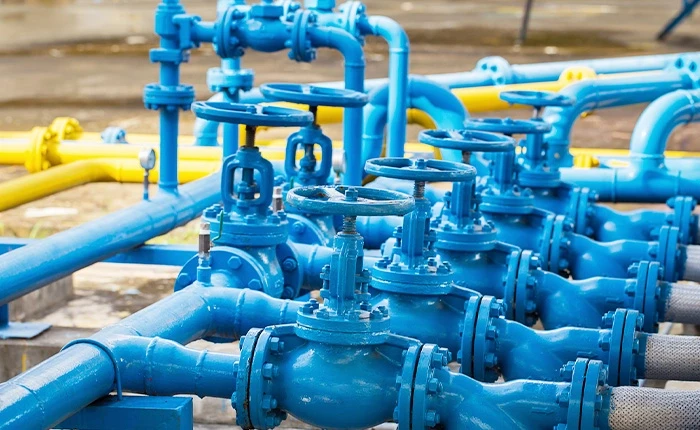নভে. . 01, 2024 19:09 Back to list
Understanding Differential Gauge and Its Applications in Various Fields
Understanding Differential Gauge A Comprehensive Overview
A differential gauge is a vital instrument commonly used in various industrial applications, measuring the difference in pressure between two points in a system. This pragmatic device plays a crucial role in ensuring operational efficiency, safety, and optimal performance across numerous sectors, including manufacturing, HVAC (heating, ventilation, and air conditioning), and automotive industries.
At its core, a differential gauge works by comparing two separate pressure inputs and displaying the difference on a calibrated scale. This functionality makes it especially useful for applications that require precise pressure management, such as monitoring fluid flow in pipelines, assessing air pressure in pneumatic systems, or evaluating the performance of filters and other equipment that may cause pressure drops.
The construction of a differential gauge typically features a set of two pressure ports, enabling it to receive inputs from two distinct points. These ports are connected to a sensing element, usually a diaphragm or a Bourdon tube. When pressure is applied to the sensing element, it deforms in response to the pressure differential between the two ports. This deformation is then translated into a mechanical movement that drives an indicating needle or activates a digital display, showcasing the differential pressure values.
differential gauge

One of the pivotal advantages of differential gauges is their ability to detect minor pressure differences that might go unnoticed with a standard gauge. This capability is crucial in various systems, such as monitoring filter performance where even slight changes can indicate a blockage or degradation in filter efficiency. Consequently, utilizing a differential gauge allows for proactive maintenance and timely interventions, minimizing system downtime and extending equipment lifespan.
In addition to industrial applications, differential gauges are instrumental in laboratory settings, such as in scientific research and development. Here, they assist researchers in applying precise pressure differentials to conduct experiments that require stringent control over environmental conditions. Similarly, in the semiconductor manufacturing process, differential gauges help ensure that pressure differentials within fabrication equipment remain within specified limits for optimal product quality.
Differential gauges come in various types, including mechanical and electronic versions. Mechanical differential gauges utilize traditional dial and needle mechanisms, while electronic variants often come equipped with digital displays and advanced features like data logging and wireless connectivity. This evolution in technology has enhanced the accuracy and functionality of these instruments, making them increasingly user-friendly and versatile.
In summary, differential gauges are indispensable tools in modern industrial and laboratory environments. By accurately measuring pressure differentials, they enable operators to monitor systems effectively, identify potential issues early, and ensure optimal functioning of equipment. As industries continue to advance and evolve, the importance of precision measurement instruments like differential gauges will only grow, cementing their value in ensuring safety, efficiency, and reliability across various applications. Whether in a factory, laboratory, or HVAC system, the differential gauge remains a key component in the pursuit of excellence and productivity.
-
Why Metric Trapezoidal Thread is Ideal for Precision Motion ControlNewsAug.05,2025
-
The Unique Properties of a Block of Granite for Industrial UseNewsAug.05,2025
-
The Role of Flanged Y Strainers in Preventing Pipeline ClogsNewsAug.05,2025
-
The Importance of Regular Calibration for Master Ring GagesNewsAug.05,2025
-
How a Cast Iron Surface Table Enhances Accuracy in ManufacturingNewsAug.05,2025
-
Comparing Different Check Valve Types for Optimal Flow ControlNewsAug.05,2025
Related PRODUCTS









